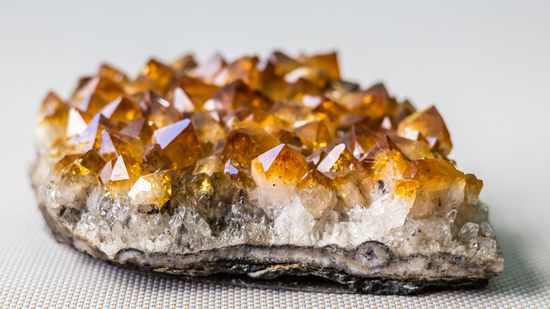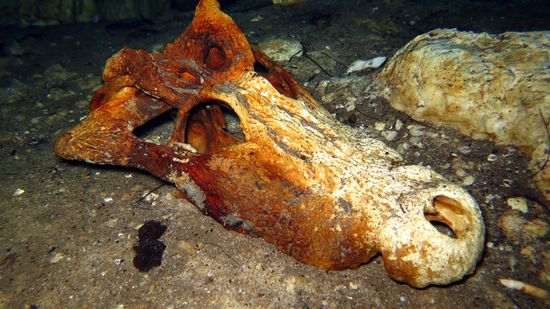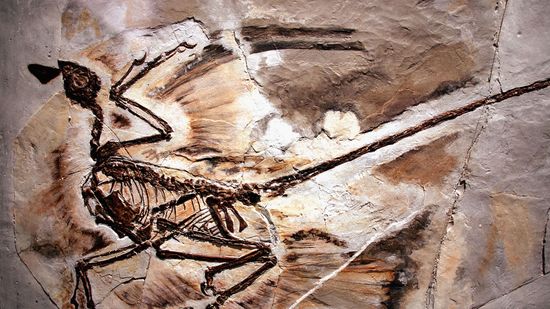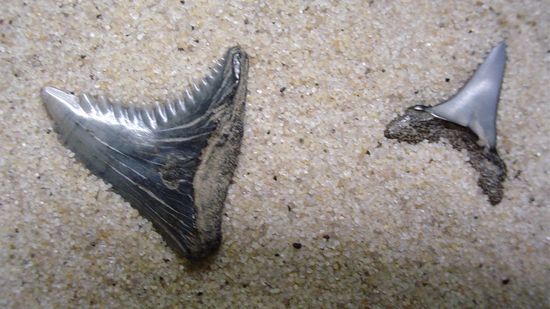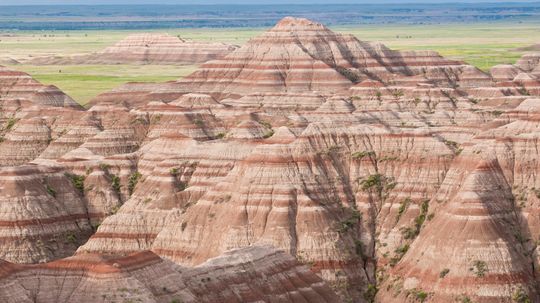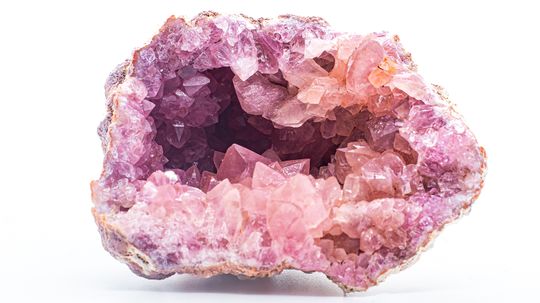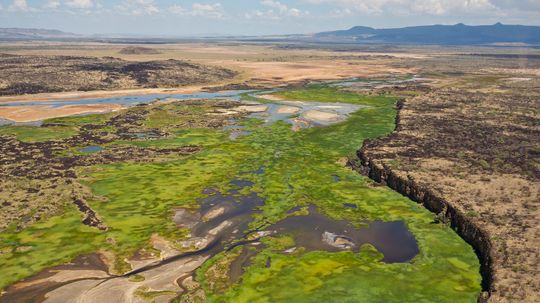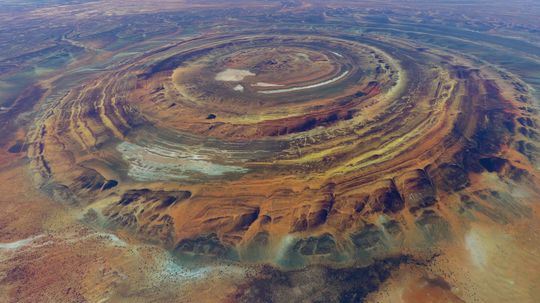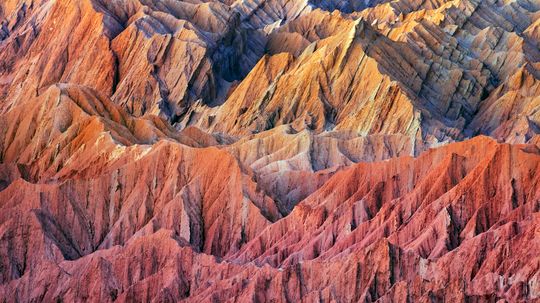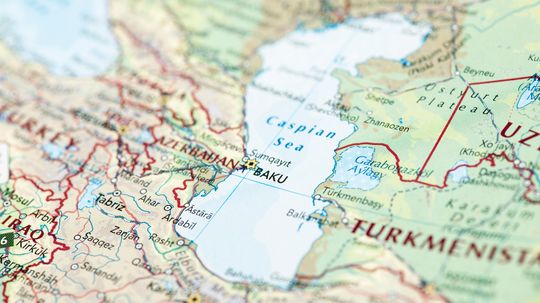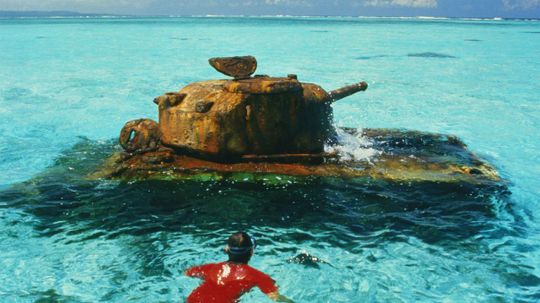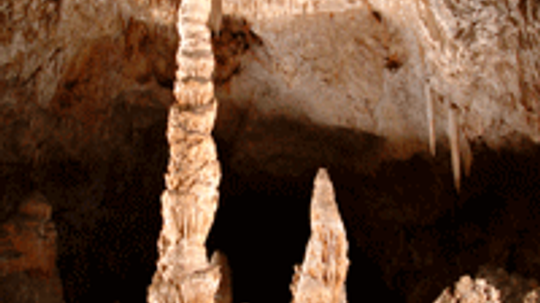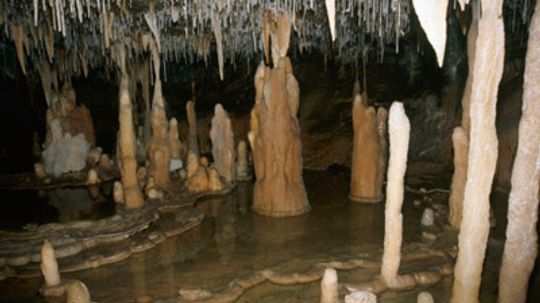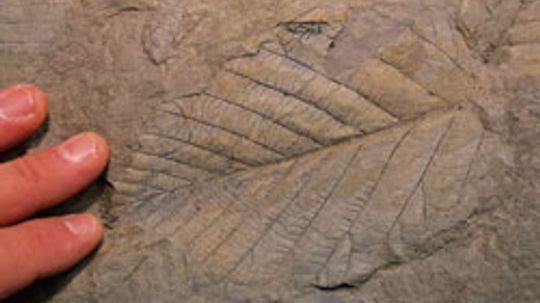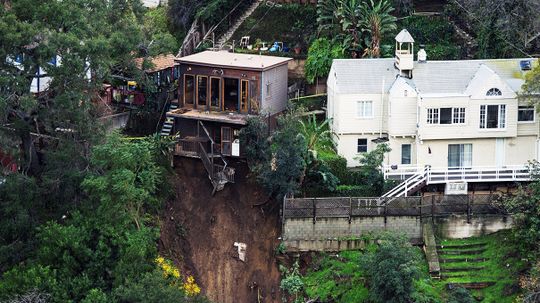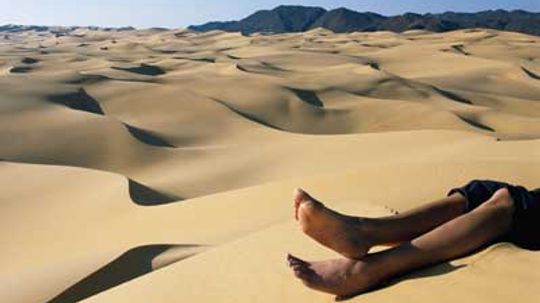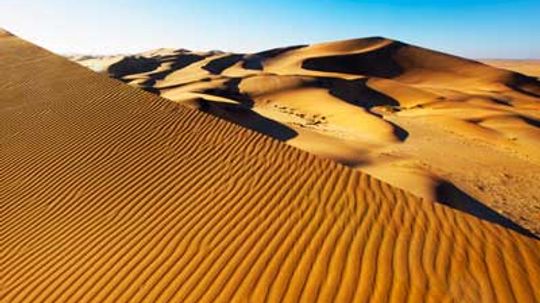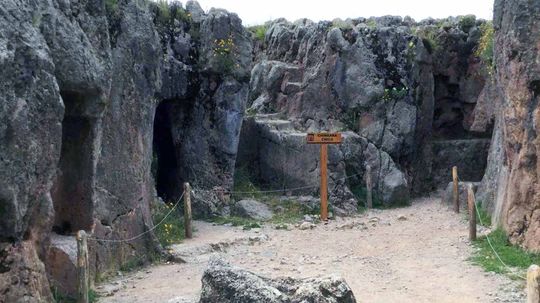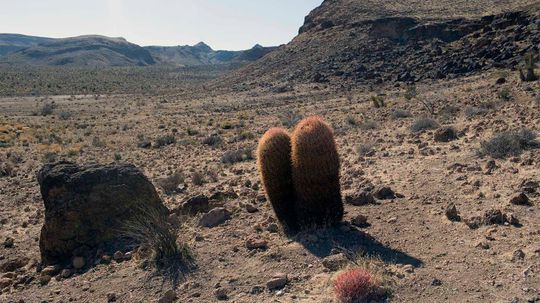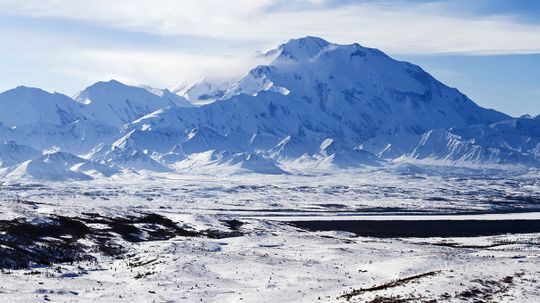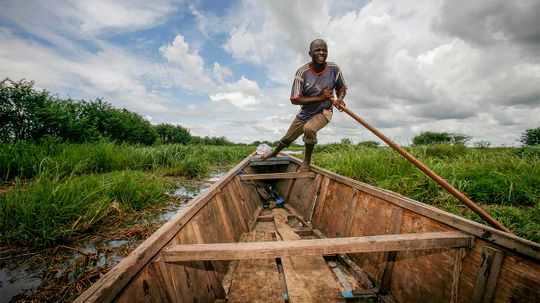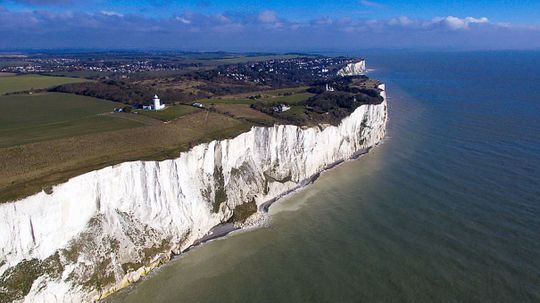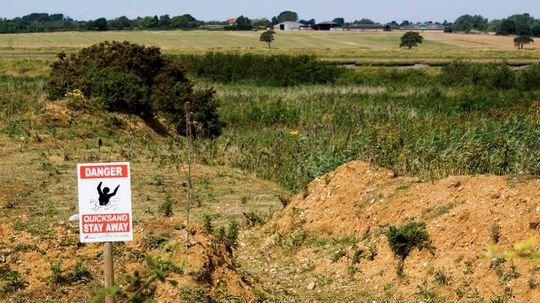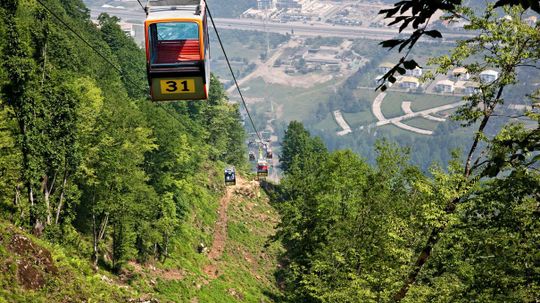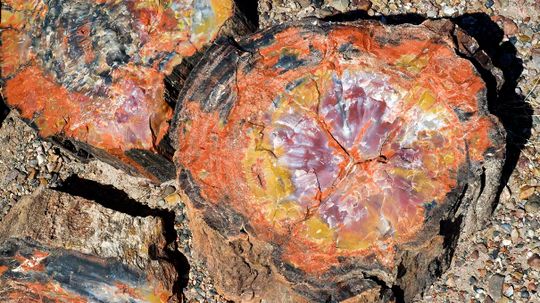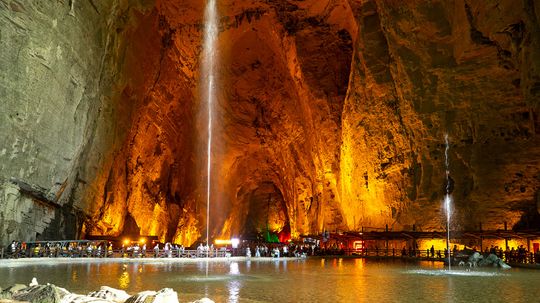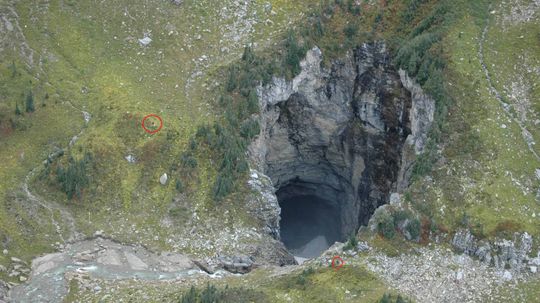Geologic Processes
Geological processes have helped to create many iconic features on Earth. Processes, such as plate tectonics, are what shapes the face of the Earth. Here you can discover the power of geological processes.
Learn More
Rocks might look simple, but they tell an ancient story of Earth’s fiery depths, surface shifts and biological processes.
Imagine walking through a dusty, arid landscape when you stumble upon a seemingly ordinary rock. Its rough exterior might not catch the eye, but what lies within surely will. Geodes are one of nature's most spectacular treasures, offering a glimpse into the geological processes that shape our Earth.
The notion of Africa splitting has the attention scientists and geologists worldwide, as the Great Rift Valley stretches and tears at the Earth's crust.
Advertisement
In the western Sahara Desert lies a natural wonder that has intrigued scientists and adventurers for centuries. Known as the Richat Structure - or, more commonly, the Eye of the Sahara - this massive geological formation resembles a giant eye.
By Marie Look
The Atacama Desert, situated in northern Chile, is not just any ordinary arid region. Spanning over 600 miles (965 km) along the Pacific Coast of South America, it is one of the most extreme landscapes on the planet. Thanks to certain oceanic conditions, there are areas that have received zero rainfall throughout recorded history, making the Atacama Desert the driest place on Earth.
By Marie Look
One of Earth's most interesting natural features, the Caspian Sea is the largest inland body of water on the planet, defying conventional classifications to be both a sea and a lake.
By Marie Look
Decades after the massive conflict, reminders of battles linger in pristine Pacific waters.
Advertisement
The world of our far-future descendants may be as unrecognizable to us as our bustling, urbanized world would be to our bewildered ancient forefathers. Will energy drive many of those changes?
By Robert Lamb
The Doll's Theater of Carlsbad Caverns looks otherworldly and took ages to form. What other incredible sights await us below ground?
By Julia Layton
One grows from the ground and one from the ceiling, but sometime's it's hard to remember which is the stalactite and which is the stalagmite. How do they get there, anyway?
By John Fuller
Countless movies and television shows depict quicksand as some kind of living creature that sucks its victims down into a bottomless pit, never to be heard from again. Well, you can't believe everything Hollywood tells you.
By Kevin Bonsor
Advertisement
Carbon-14 dating is something that you hear about in the news all the time. Everything from mastodons to the Shroud of Turin has been dated using this technique! Learn about how carbon-14 dating works and why it is so accurate!
Earthquakes and volcanoes get all the press. But the landslides they trigger are often more devastating. What makes the ground suddenly rip downhill, taking trees and homes with it?
Sand dunes belch, moan and hum. They roll across the desert, seeking out new locales. You might even say they breed. It's no wonder people call these giant sand formations lifelike.
By Debra Ronca
Did you know that sand dunes can sing? And, their artistic curves certainly make for a gorgeous photograph. In fact, you might call the sand dune the diva of the desert.
By Debra Ronca
Advertisement
There are caves all over the world, but some are in places that are hard to explore - hidden by rocks, ruins or even under ice. We've found seven secret caves you probably never knew existed.
Not all deserts have sand and they're certainly not all hot. They're just extremely dry and have little vegetation. That means deserts are located all over the planet, including at super-high elevations.
If geology has taught us anything about Earth's history, it's that nothing is permanent. And that goes for mountain ranges, all of which are constantly rising and falling.
By Mark Mancini
The Sahara has expanded by about 10 percent in the past century, mostly due to natural causes, but not all. We can blame the rest on man-made climate change.
Advertisement
Talk about a Brexit! Scientists have clues to catastrophic flooding that destroyed a land bridge that once connected England and France.
Science has determined that disappearing completely into quicksand isn't possible - but that doesn't mean that getting stuck still won't kill you.
Surprisingly, living in a city with a high level of natural radiation doesn't have any ill effects.
By Alia Hoyt
Petrified wood can be found all over the world, but how is it created?
Advertisement
One term might give you the impression of something grand and mysterious, while the other makes you think of claustrophobia-inducing environs that threaten human life. But what's the real difference?
How, in today's world, could a cave this massive go undetected for so long?

